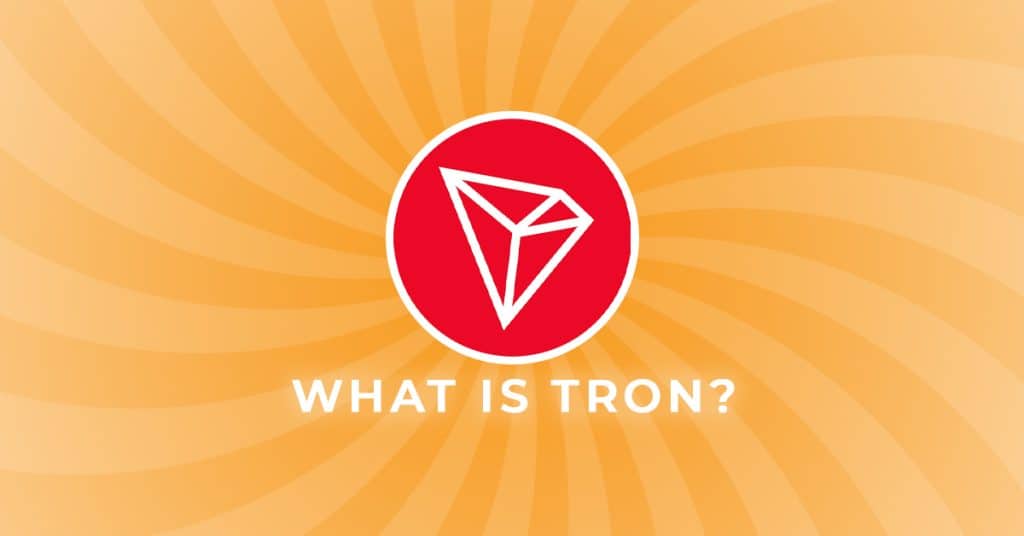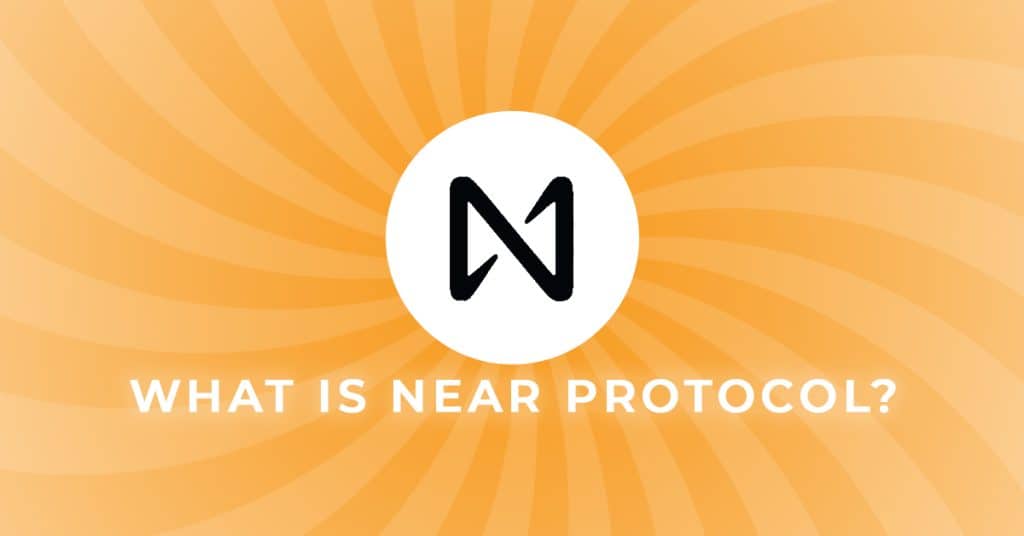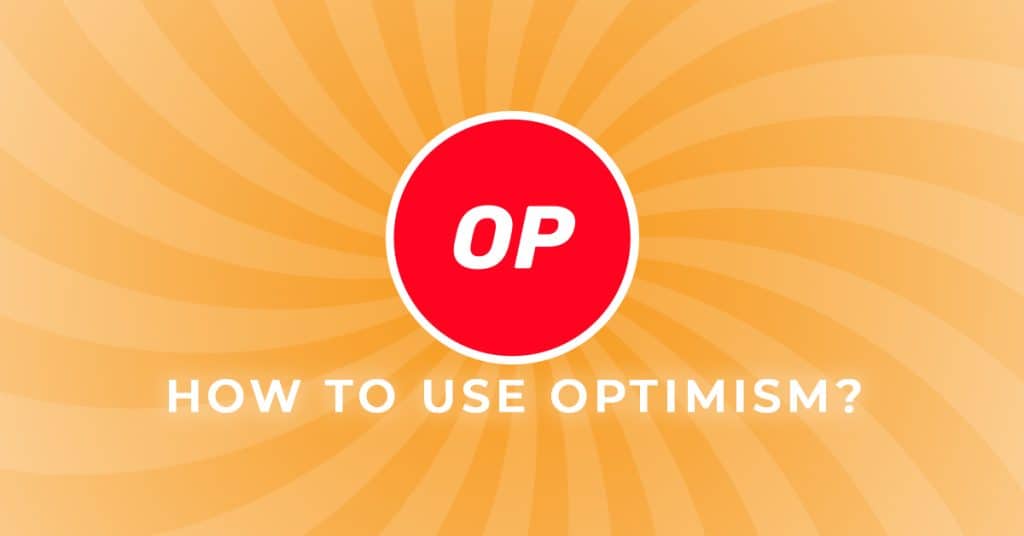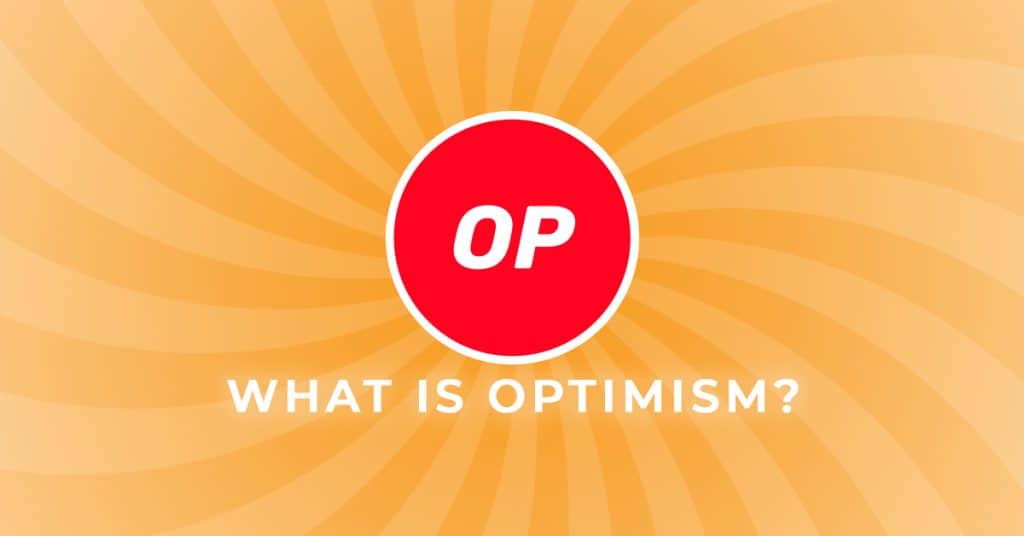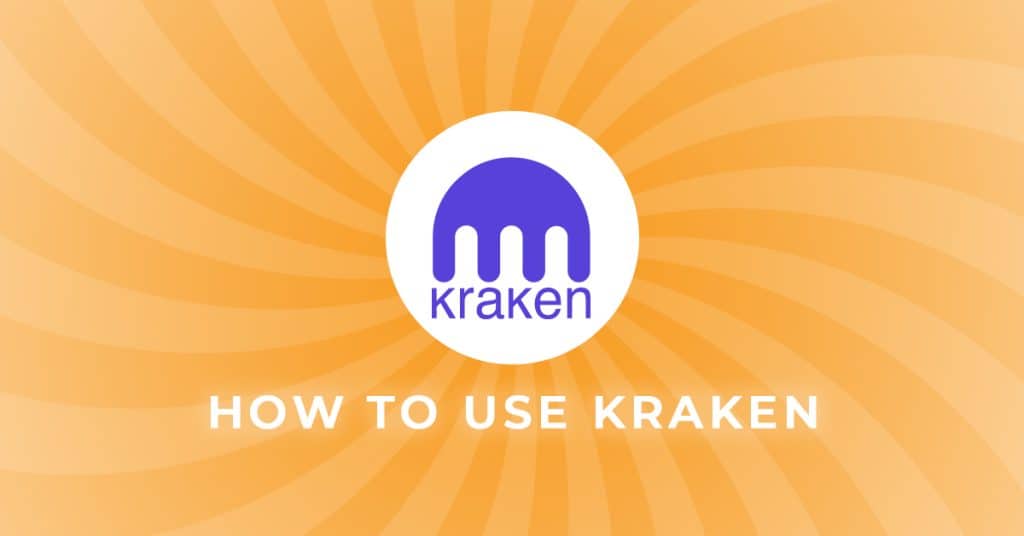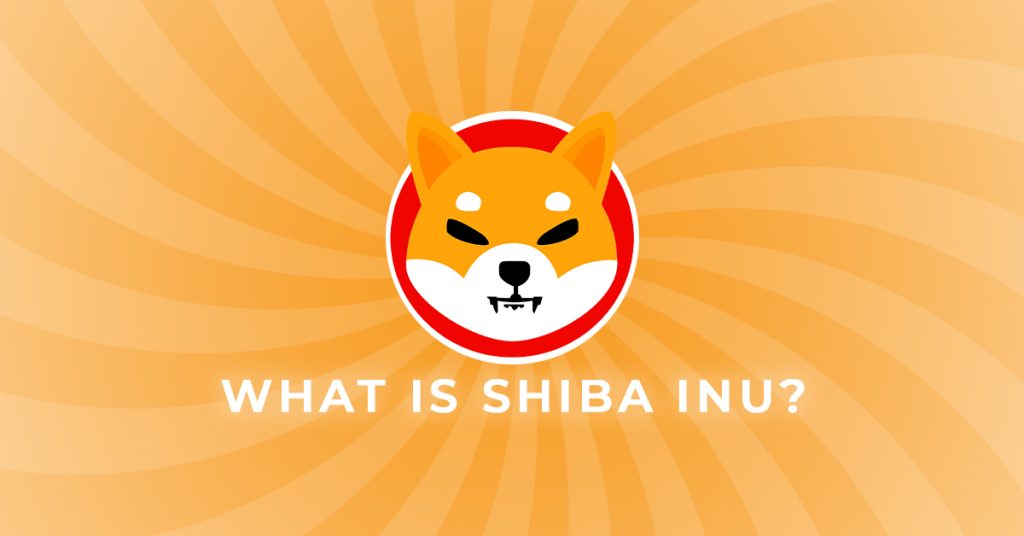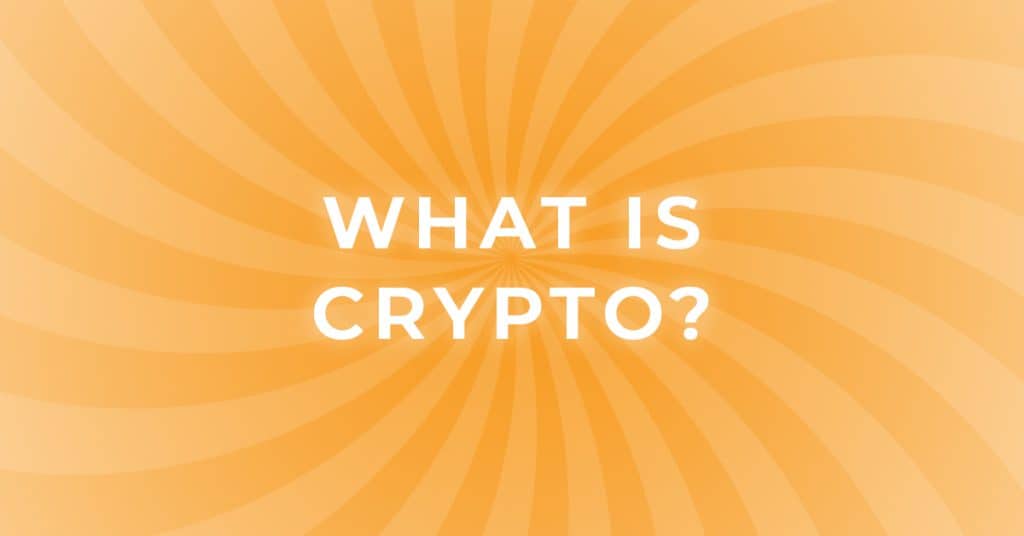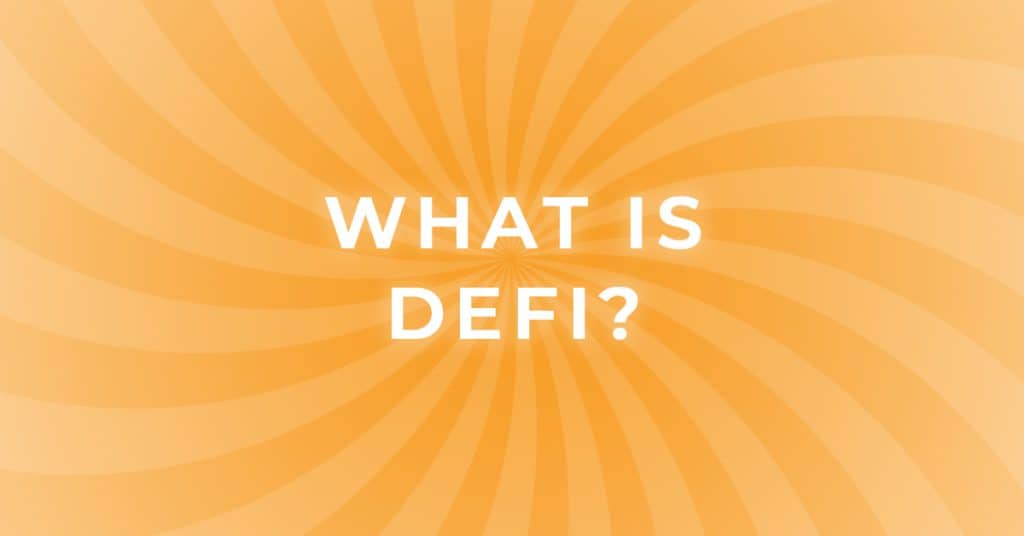What is Chainlink (LINK)? | Chainlink Explained for Beginners
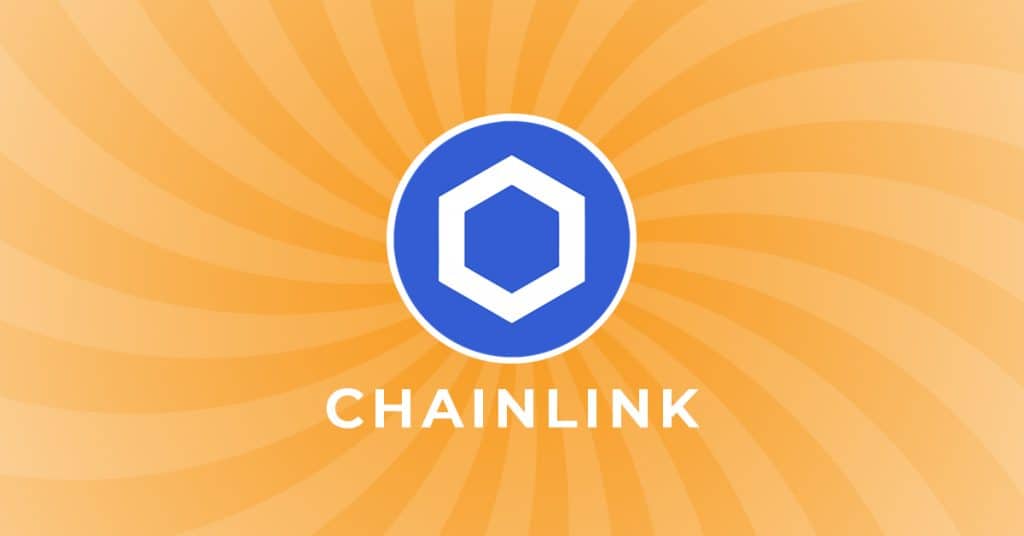
What is Chainlink?
Chainlink is the best-known Oracle, or data-provider, in the world of cryptocurrency. It aims to support all blockchains with smart contract capability, by providing them with reliable, real-world data. It is an information gatherer, and with over 77 use cases, Chainlink has huge utility. With smart contracts needing to rely on data sources external to their applications and blockchains, there’s a massive need for an Oracle in the crypto space. An example use case could be a smart contract agreement that provides a user with insurance to cover loss of their crypto. These agreements may need access to APIs that bring back insurance rating factors or other data sources for pricing.
Chainlink’s Backstory
The Chainlink network was launched in June 2017 by the company SmartContract. The company was co-foundered by Steve Ellis and Sergey Nazarov, and went on to later publish the Chainlink white paper in September 2017. Chainlink’s native currency is LINK, with a supply of 1 billion tokens. In its inception, the Chainlink team sold 35% of supply to the open market, they kept 30% to support the developer of the Chainlink blockchain and the remaining 35% of supply is used to incentivize node operators to keep the network secure and provide accurate data.
How Does Chainlink Work?
Chainlink executes its data collection by carrying out the following process: Chainlink users specify the data they need, and then they are matched with Oracles on the network who can provide the data. Order-matching contracts are created when the data parameters are set. The Chainlink user deposits LINK to the contract, and the contract accepts bids from Oracles. The Oracles connect with external data sources to gather and obtain the data required. The data is processed by the Oracles and sent back to the contracts on the Chainlink blockchain. The last step in the process involves the data collected by the Oracles being returned to an aggregation contract. This contract validates the data returned and sends it back to the user.
Every Oracle within the Chainlink network is incentivized to provide accurate data since a reputation score is assigned to each. Further to this, when nodes follow the software’s rules and provide useful data, they are rewarded in LINK. However, if an Oracle fails to complete or provide the required data for a requesting smart contract, they are penalised and lose their LINK.
What’s Coming Next for Chainlink
Having originally launched exclusively on the Ethereum network, Chainlink have since expanded beyond, and are supporting smart contracts on other blockchains such as Polygon and Binance Smart Chain. 2022 will bring staking to the blockchain, so holders will be able to gain rewards. Oracles work in a different way to the more well-known blockchains, so it’s taken time to develop the staking feature – they don’t create blocks for a start.
Chainlink is also set to launch a global standard for messaging and communication between blockchains, called CCIP. CCIP (Cross-Chain Interoperability Protocol) seeks to do what TCP/IP did for the internet, which is to connect all the blockchains into one ‘internet of blockchains,’ via cross-chain smart contracts. They are aiming to pioneer interoperability, creating a connected crypto ecosystem.

